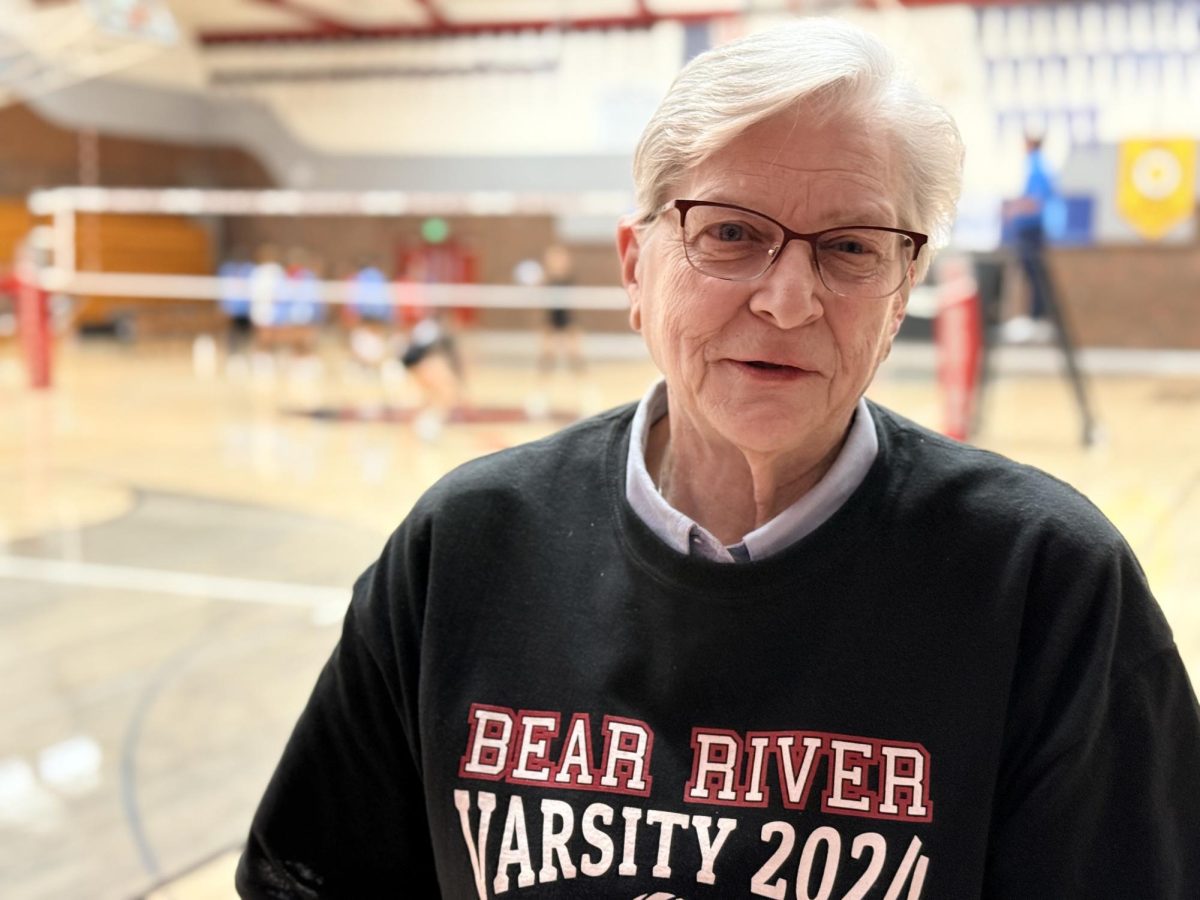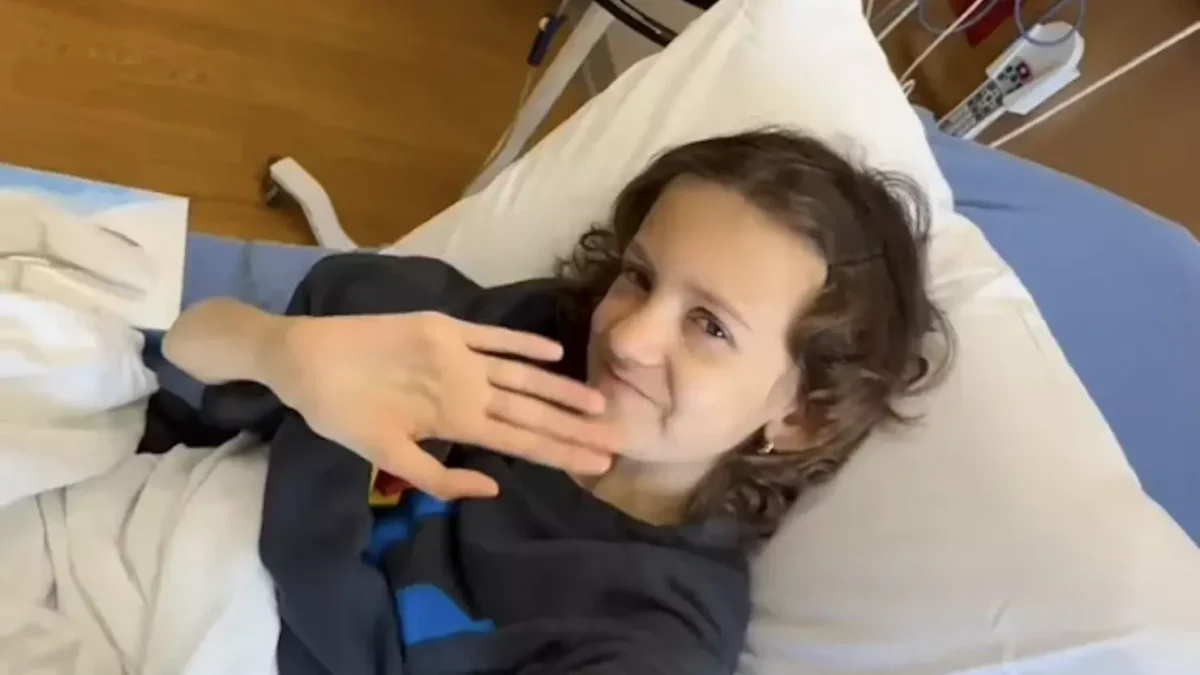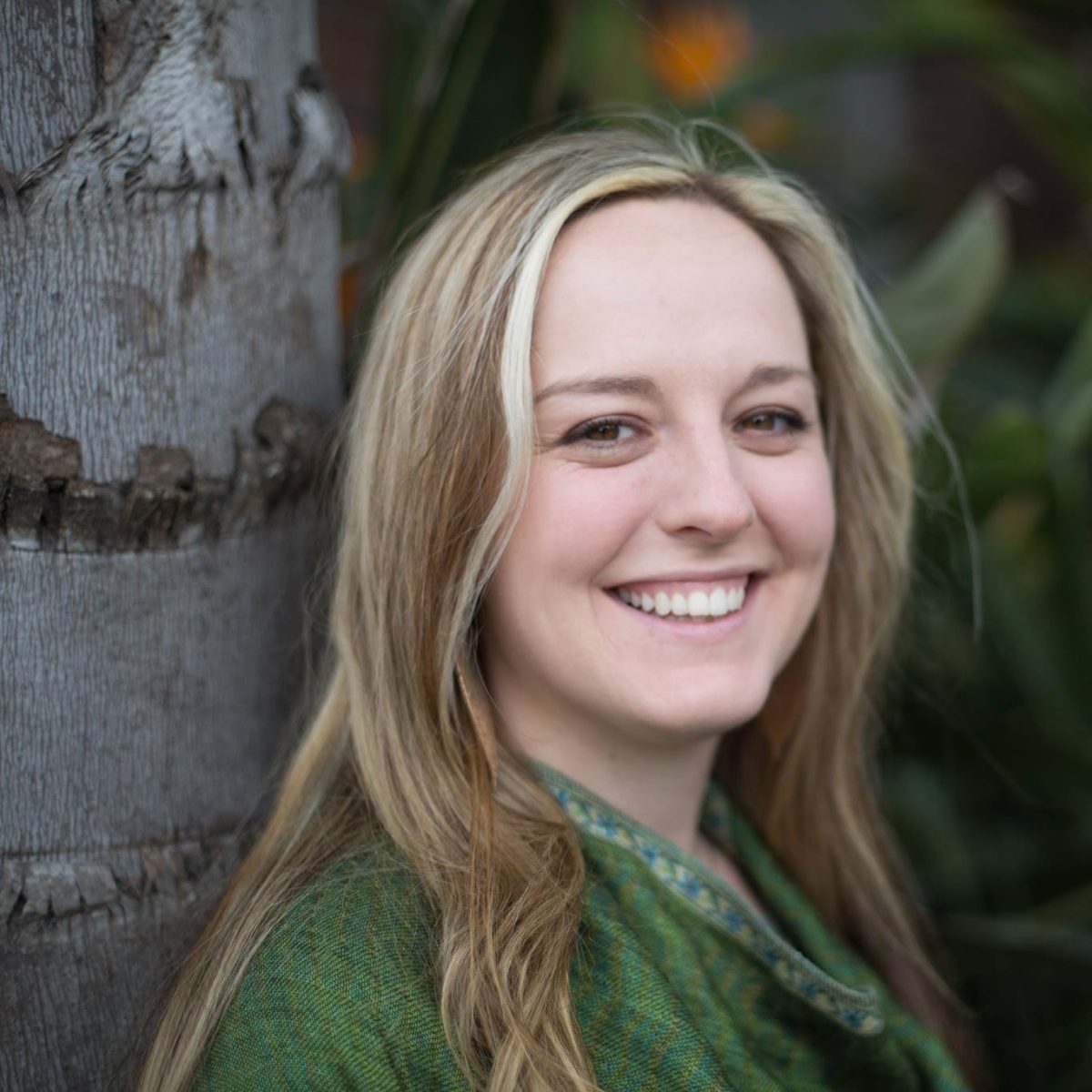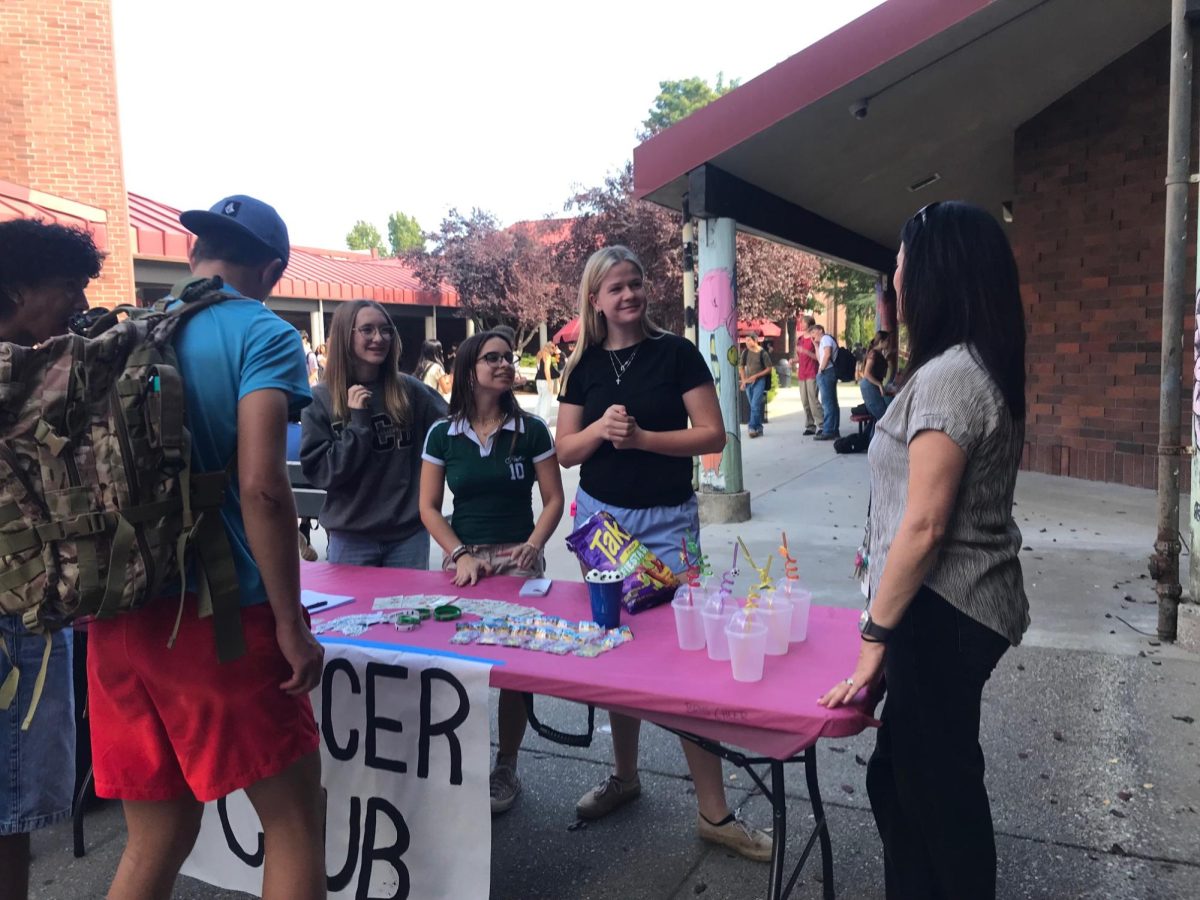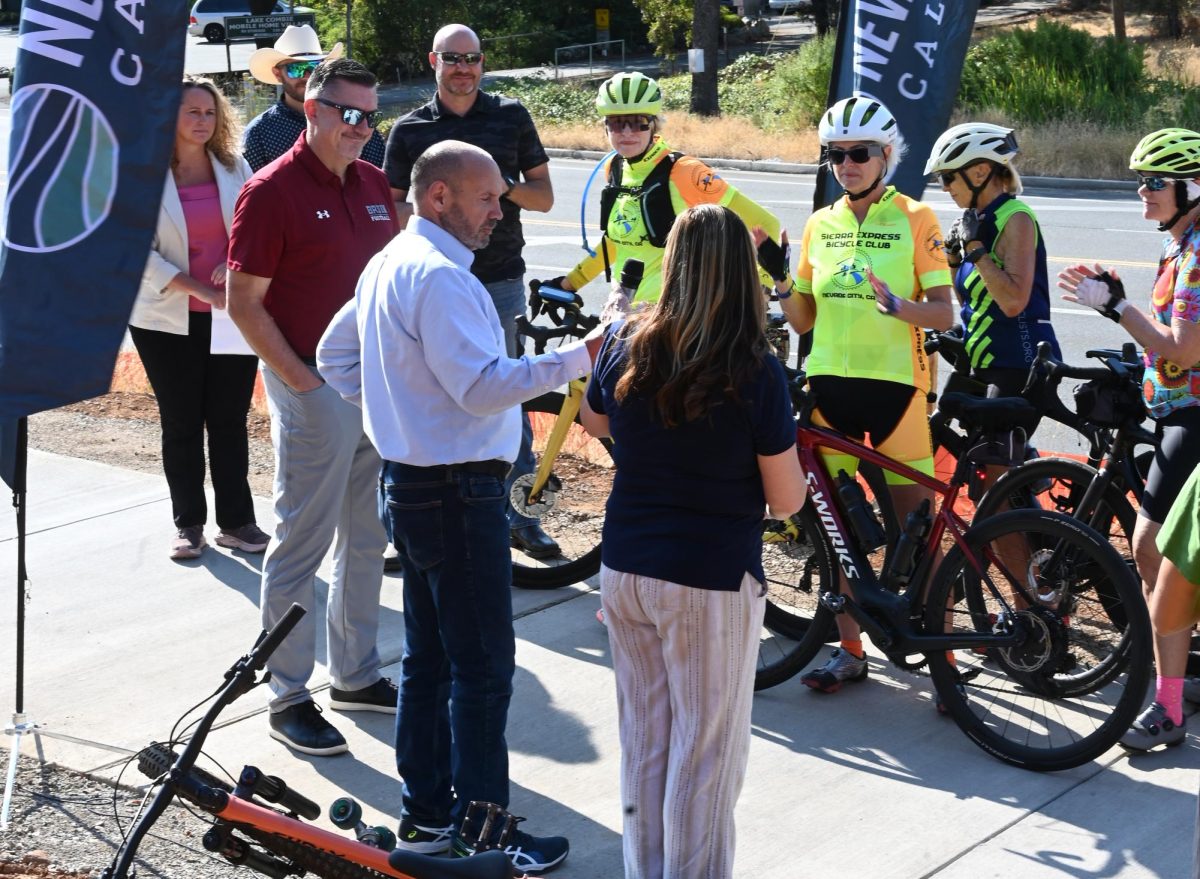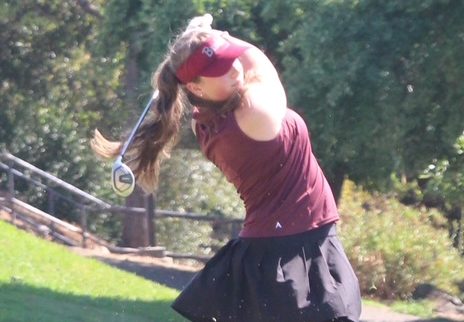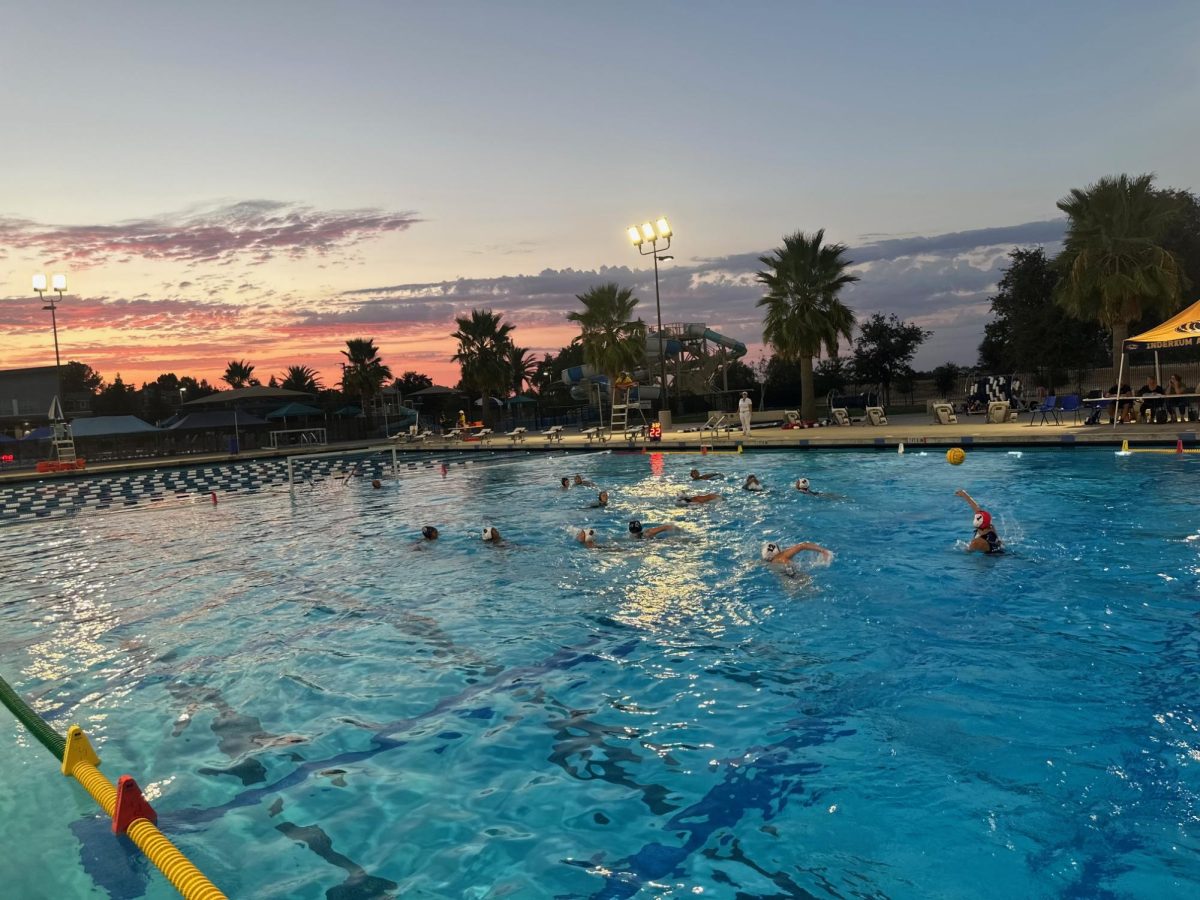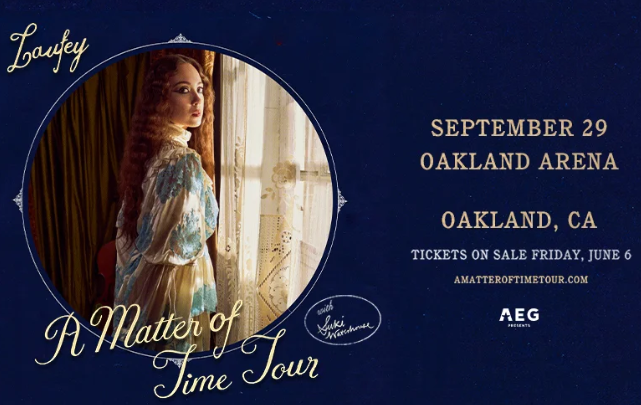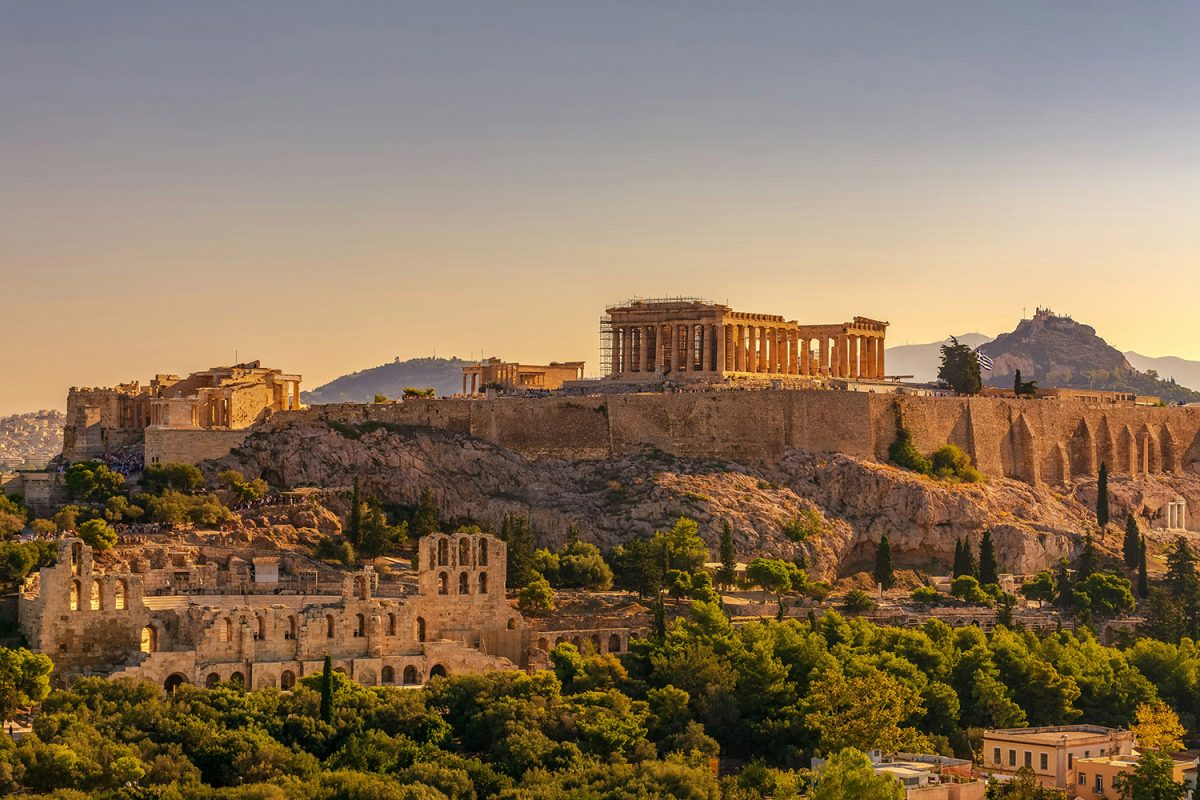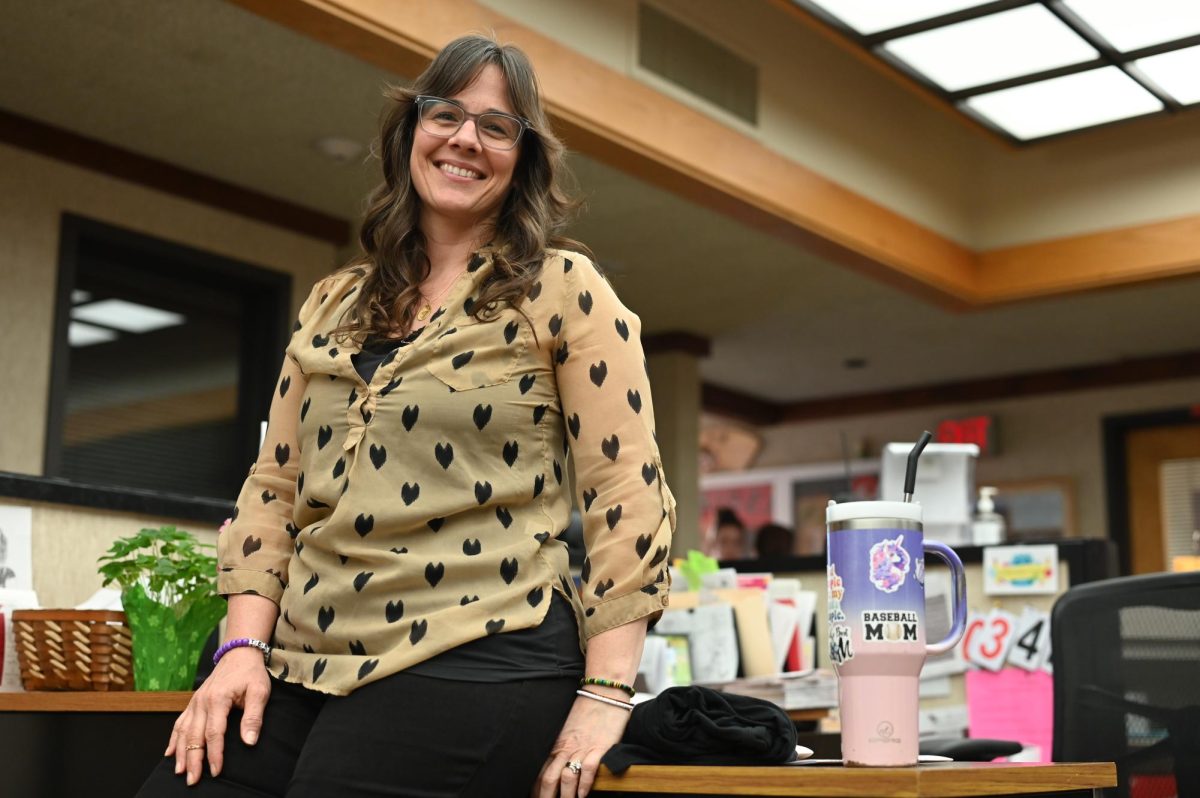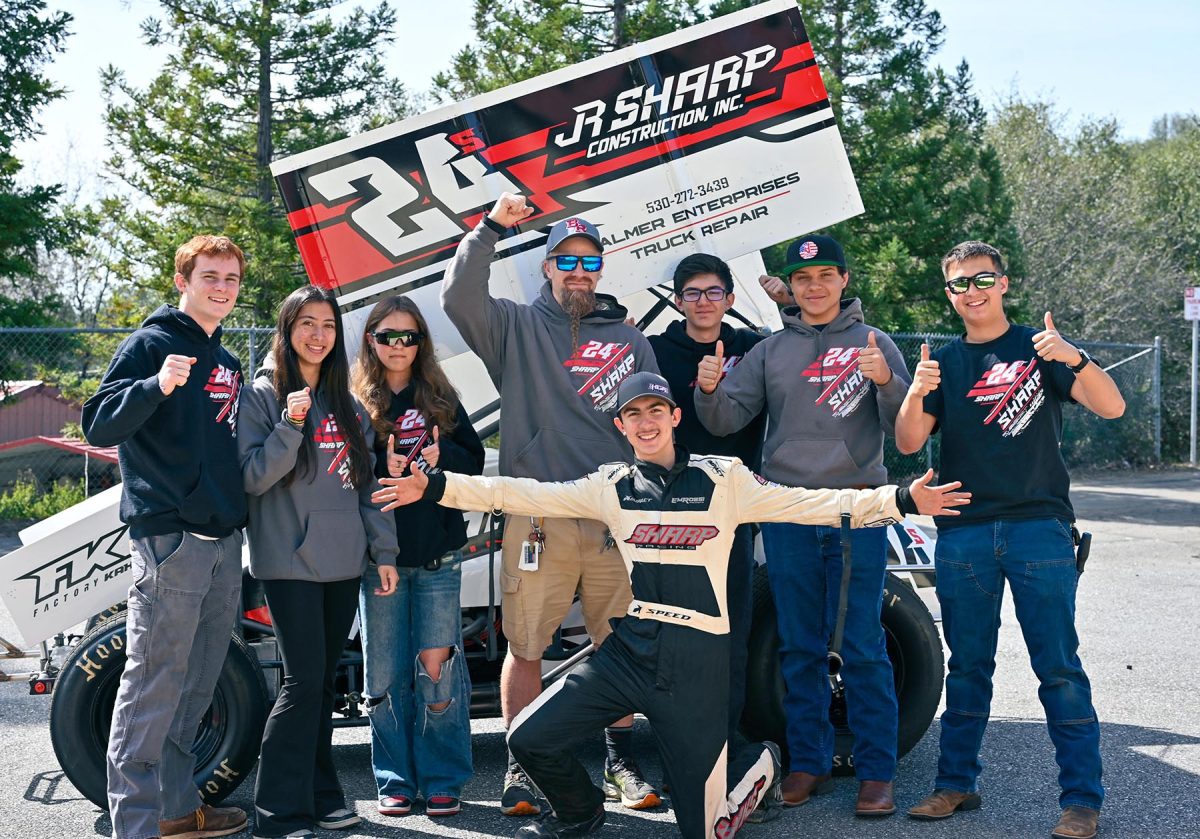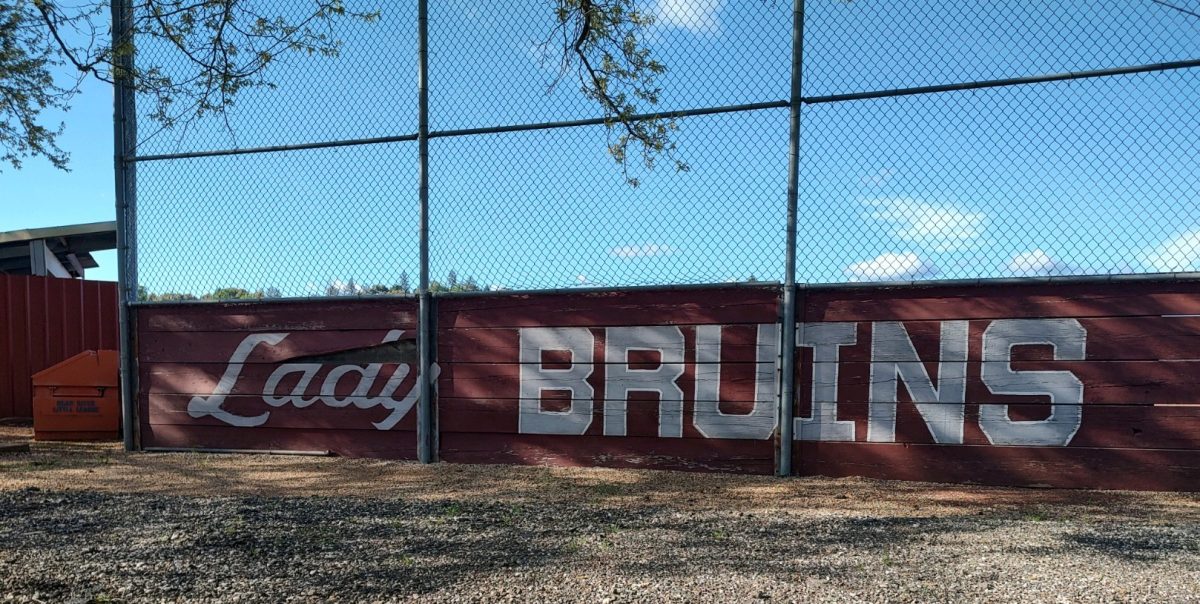Whenever high schools are depicted in media, the characters seem to always fall into a few select archetypes. Whether they be the introverted nerd, the popular jock, the dumb cheerleader, or something else, they always seem to be deprived of unique characteristics for the sake of cardboard cutouts following exact instructions. Sure, people sometimes try to mix it up, but writers and filmmakers seem to always fall back on a few stereotypes. This brings up a question. Are these representations accurate? Do high schools really look like this?
We at the The Current believe that these stereotypes do not make an appearance in high school.
Noah Mann, a sophomore and self-described “massive nerd,” commented on the thought of stereotypes in high schools.
“I don’t think it’s accurate at all, because I have seen zero cliques here, from my own personal experience, but I don’t know how accurate it is at other schools,” he said. “I can’t say for certain.”
History teacher, Jeff Carrow, similarly thought that these stereotypical high schools weren’t very realistic.
“It’s not super accurate,” he said. “Every person is such an individual. You think about movies like Clueless or TV shows that really portray each group as a sort of exaggerated model of what it would really be like, but deep down, as you walk around Bear River or other high school campuses, everyone’s their own unique individual. They have their own interests, and they tend to gravitate toward people who have similar interests, but I would say the media gives an exaggerated look at those stereotypes.”
Others thought that the media got it mostly right, even if it wasn’t wholly true to the high school experience.
“They can be pretty accurate,” said Junior Grace McDaniel, “They’re not completely always right, but they do hold true most of the time.”
“When I think about it, it can be accurate occasionally,” said Junior Scout Pettitt. “A lot of people will look at me and be like, ‘She’s super emo,’ and stuff. Then they really meet me and they’re like, ‘No, she’s like a nerd theater kid.’ So it can be inaccurate, and at times super accurate, like I’ve met a lot of people who have been super smart and they love physics and math and stuff, so you’re like, ‘Yeah, he’s a nerd,’ and then you get to know them more, and you’re like, ‘Yeah, he’s still a nerd.’ Depending on who it is, it can be accurate and inaccurate, but I don’t think anyone falls into specific groups all the time.”
Bruins had different perspectives on the relationship between this stereotyped media and how real high school students actually act.
“I think the media really defines how we view ourselves and how we act,” said Pettitt. “Once you read something about someone, like about somebody being super into mathematics, or someone super into theater arts, or someone super into fashion, you think about the media’s definitions like, ‘this is the fashionista, or this is the famous mathematician.’ You find yourself in these characters, and you’re like, ‘I’m going to be a part of that group.’ I think, a lot of the time, it’s the media influencing us to put ourselves into different groups.”
“I don’t think the media creates our perception of stereotypes, rather, we make the stereotypes, and the media picks up on it and uses it,” posited Junior Grace Billingsley.
“I think it’s hard to say for certain how much it’s the media influencing us or the other way around,” said Mann. “For some people, media does play a big part in their lives and they want to model themselves after ‘the jock’ or ‘the nerd,’ but, at the same time, I also think there are people who don’t care about labels like that.”


